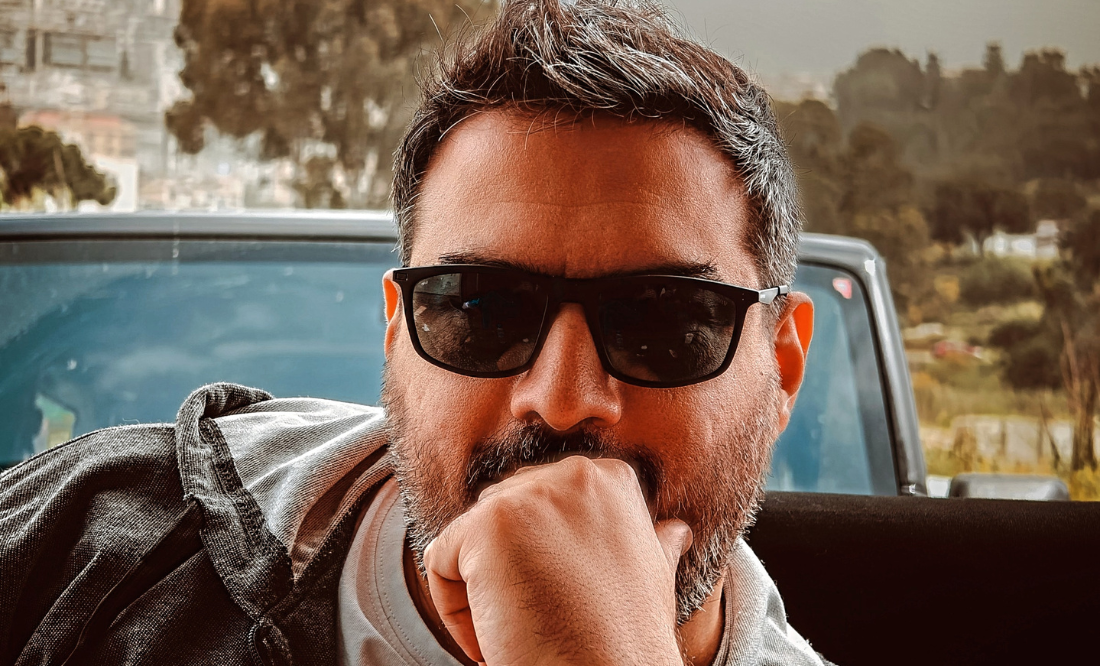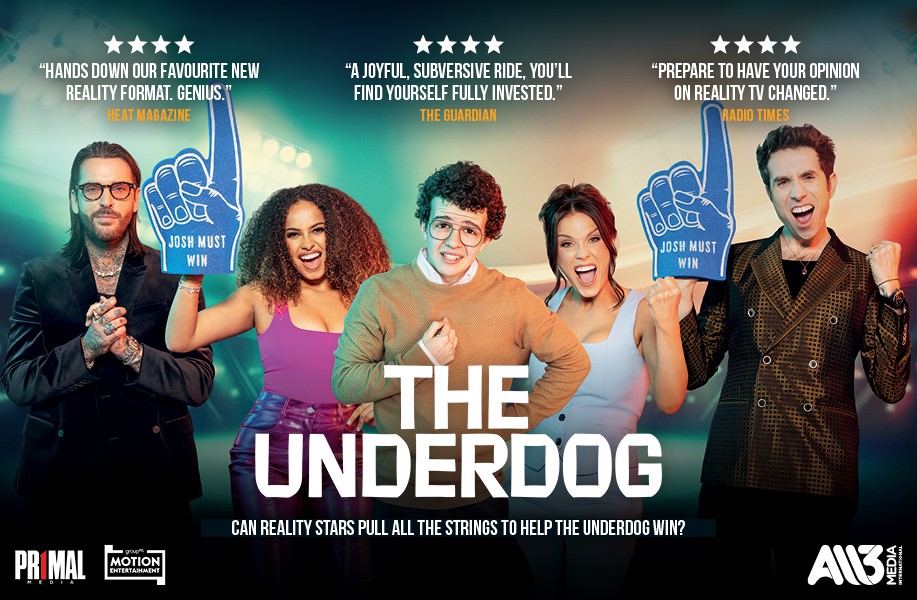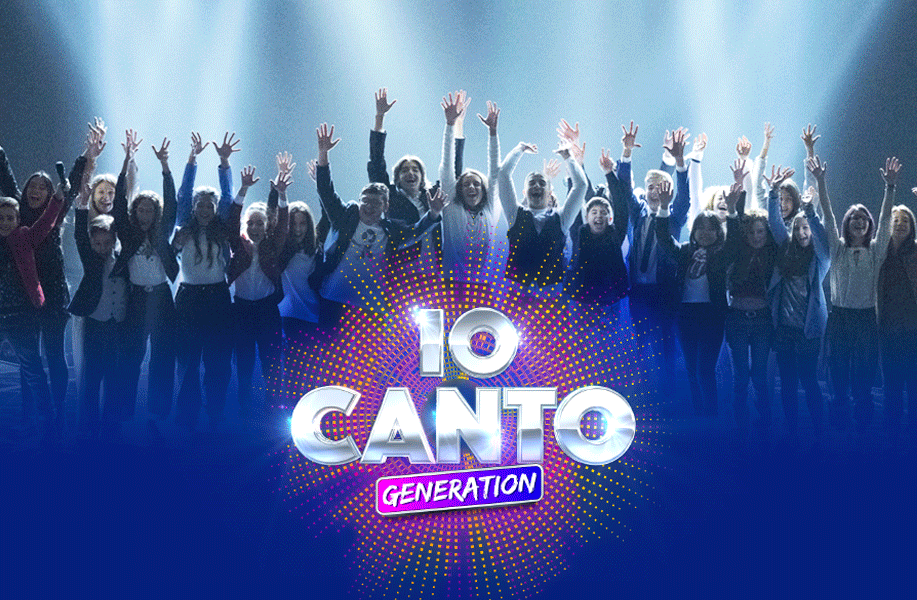Born and raised in Beirut, Lebanon, Eliot Lteif is a format creator. Also a filmmaker, video editor, entrepreneur and passionate gamer, Eliot has been working on shows for the MENA region’s biggest networks and production companies for nearly 20 years. His experience in the unscripted reality space has spanned iconic productions, including Arabs Got Talent and The XFactor with IMagic Productions, Boulevard of Talents, Driven, Project Runway, Takashi’s Castle KSA with MBC, Family Brain Game with SBC, The Winner is with Sony TV Productions, The Voice Arabia with TALPA, and many more. Having created a portfolio of original formats and received a buzzing positive response from the international acquisitions execs he has pitched them to, he is excited to be preparing pilots of three of his shows after securing funding at the recent MIPCOM CANNES. Eliot’s dream is to create the first Arab-born format to be exported to the international market and, in his own words, is, “always working creatively to make the world a better place.”
Your first MIPTV experience in April marked a milestone in your career as your debut at an international TV market. What was it like to immerse yourself in the global industry for the first time, and how has it shaped your approach to building a global network?
Eliot: The road to MIPTV in April was a series of unforeseen and serendipitous events that allowed me, a creative with limited means, to attend the biggest TV market in the world. It started with meeting Emma Bartholomew who introduced me to MIP and facilitated my attendance. MIPTV was overwhelming at first, I did not want to miss out on anything. And I wanted to see how the world of TV worked in the global big leagues. MIPTV was a great opportunity to make introductions - both being introduced to a fantastic array of execs and introducing international production and distribution companies to my work and my vision for the future of TV. What started as me assimilating the establishment’s views and opinions, ended with them listening to me, a newcomer format creator from an emerging and mysterious market. I felt like everyone agrees that the market is ready for new formats and approaches. But, at the same time, no one was quite ready to take any leaps or risks and just wanted to recreate tried and tested concepts, which is understandable. I cannot hide the fact that I was shocked by the state of the industry, but also, simultaneously, saw an opportunity to push towards a new way of thinking and risk taking, which became part of my formats. At the end of the day everyone wants to make a profit, but the old ways of relying on ads and direct sponsorships are gone. A new approach is needed and that was my biggest take from all my meetings and gatherings with the international key players.
Lebanon has long been a creative hub in the region, but the ongoing challenges due to the war have deeply impacted TV productions. How have these circumstances shaped your projects and outlook on storytelling within such a difficult environment?
Eliot: Lebanon was always and will always be a walking contradiction which is why it is a central hub for creatives. Hardships do emphasise in us the resilience needed to survive. We have a saying, “Lebanese people always land on their feet”, which is another way of saying if you can survive in Lebanon, you can survive anywhere. Add to that the fact that, as people living in that small part of the Middle East, we were always exposed to both eastern and western cultures since the first civilizations. This exposure led us to be a very creative people with the willingness to take chances and bring the best of both worlds together. That being said, since the Covid lockdown, Lebanon’s place as THE creative hub has fallen behind the Gulf countries because of many economic and political crises. These issues have diminished local productions and forced regional broadcasters to shift their production to other countries. Emerging markets, especially creative markets that want to prove themselves on the international landscape, usually take less risks and focus more on locally buying and producing international formats that have not taken into consideration the local culture.
MIPCOM in October brought exciting opportunities for you, including promising conversations with international networks. What were your key takeaways from the event, and how do you see those connections shaping your next steps?
Eliot: MIPCOM in October was a true stepping stone in my career as a format creator. The conversations that I had translated into actions. I secured funding to make pilots for some of the formats I created. We are also working with a Japanese TV network to start a creative, cooperative and collaborative bridge between Japan and the Arab world. This was also reflective of other conversations we started with another global player, interested in coproductions. These collaborative opportunities will shape this year and beyond.
But, with all the positive meetings and prospects that came out of MIPCOM, one major negative aspect of this business showed its teeth, which I feel I should mention. Most of the new formats that were showcased at MIPCOM focused on one element, which was taken from a successful show the previous year. This seems to reflect a tendency for companies to hone in one element of the same style, which may be a sure win, but kills diversity in ideas and shuts creatives off from the market, preventing investors and sponsors from taking risks with new ideas.
Congratulations on the success of Al Ghaleb Ghaleb for Yango Play, which recently won Best Unscripted Production of the Year at the Broadcast Pro ME Awards. What do you think made this show stand out and resonate with audiences?
Eliot: I believe what was different about Al Ghaleb Ghaleb was the way it was made. The broadcaster is fairly new to the region and wanted to make an impact and the production house Highways Productions allowed creatives to have creative license with each episode. Sanaa Azzi and Caline Nassif steered us away from what was considered standard for this kind of reality show and made sure that we took the trashy storylines out of the equation. Al Ghaleb Ghaleb brought the audience into the life of an influencer who broke social barriers, without scripting interactions or creating fake drama to pull audiences in.
You’ve just returned from Saudi Arabia, filming a project in Neom—a region that’s quickly becoming a hotspot for production. Can you share a glimpse into this experience and how such innovative locations are influencing your creative vision?
Eliot: NEOM specifically and Saudi Arabia in general are quickly becoming the next big destination for productions. They are providing great infrastructure with deals and cashback offers that will allow production houses to focus on quality and risk taking in making their visions come to life. But, for everything that is being done there, there is still some way to go to provide new creatives and local format creators with the means to actually break through the old establishments.
Looking ahead, once the pilot budgets you’ve been offered are approved, what’s your strategy for crafting and pitching these pilots to networks and streamers? How do you envision these projects contributing to a brighter future for TV production in the region and beyond?
Eliot: Hopefully the pilots will be up to my vision, it is a huge risk that we are taking alongside the investors because the pilots are new in kind and require a new way to produce shows. When made, these pilots will circulate the standard regional and international broadcasters and streamers in the hopes of being picked up. But this is not our only way forward. We are considering social media and YouTube as platforms to broadcast.
These formats will change the way TV shows are made. TV shows are considered the end product of a production, I see them differently. TV shows should be part of an experience. Meaning that the end product is the experience whether that includes live participation from people or an experience they can have after the show ends. And for me that is the future of TV, it is how TV will integrate live experience with traditional production and social media.












